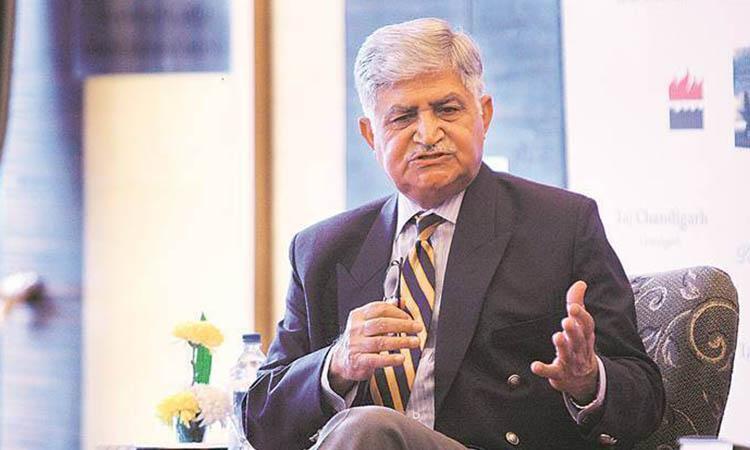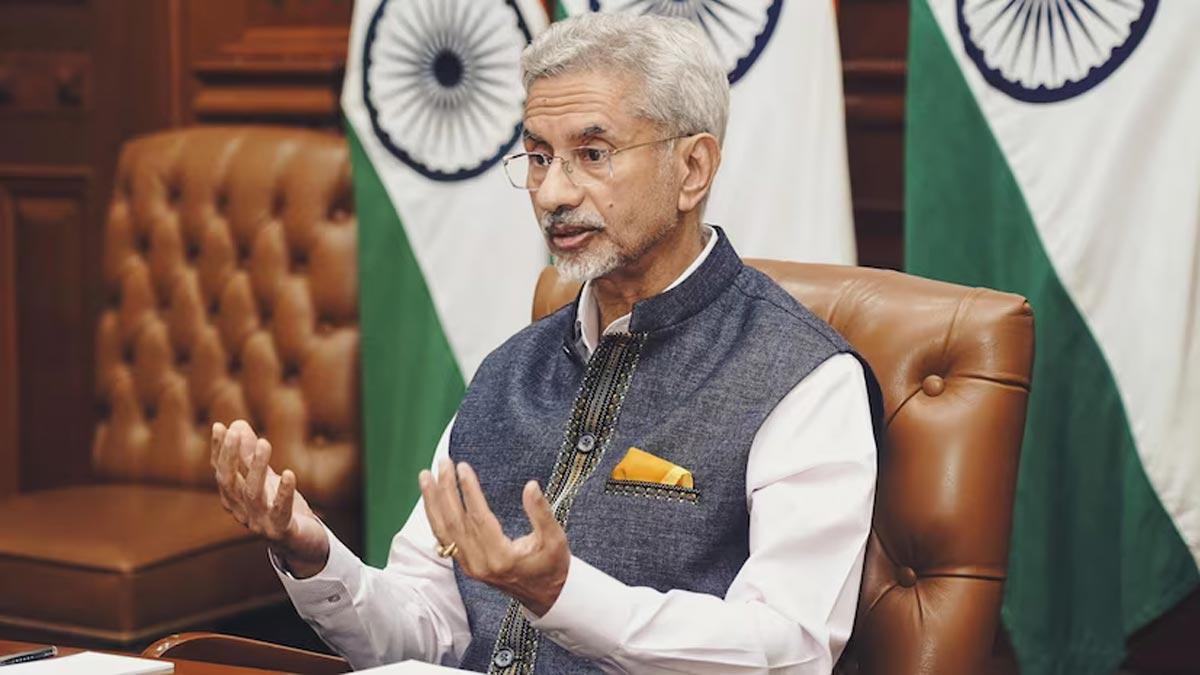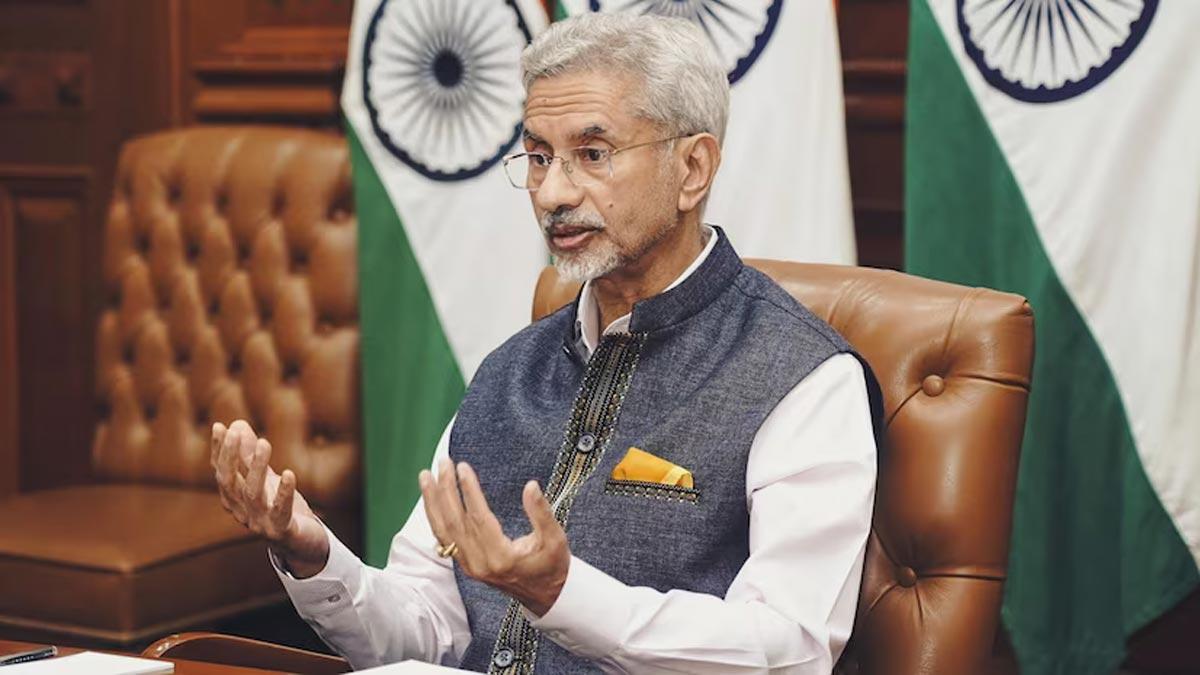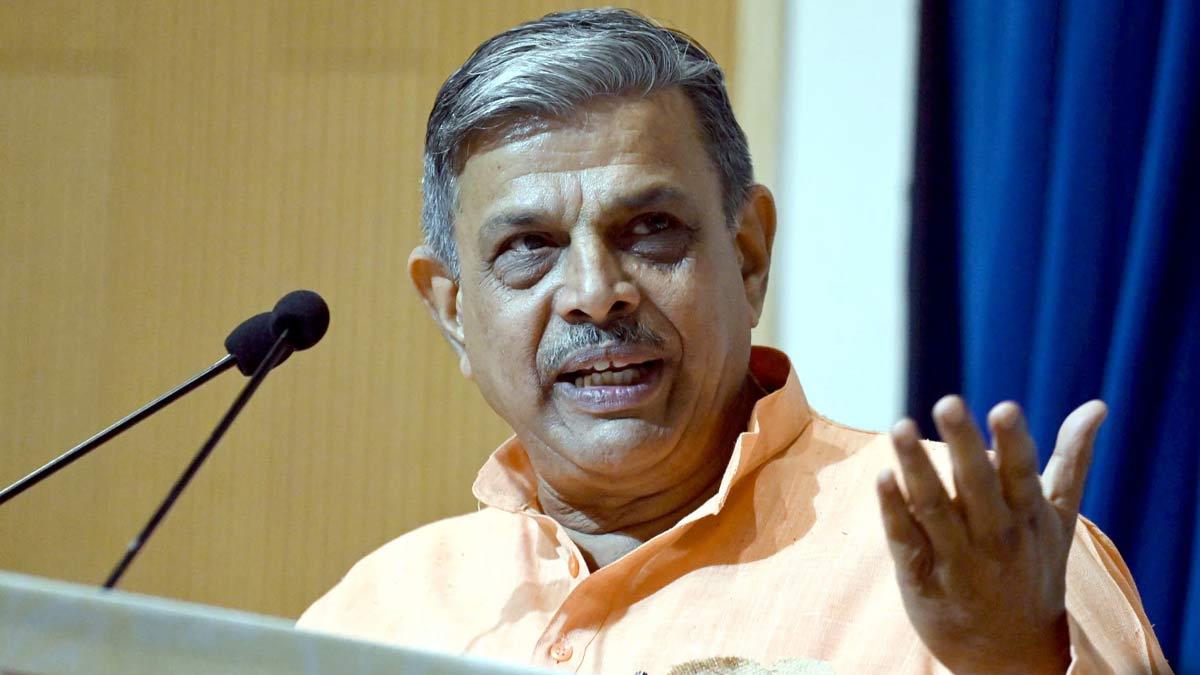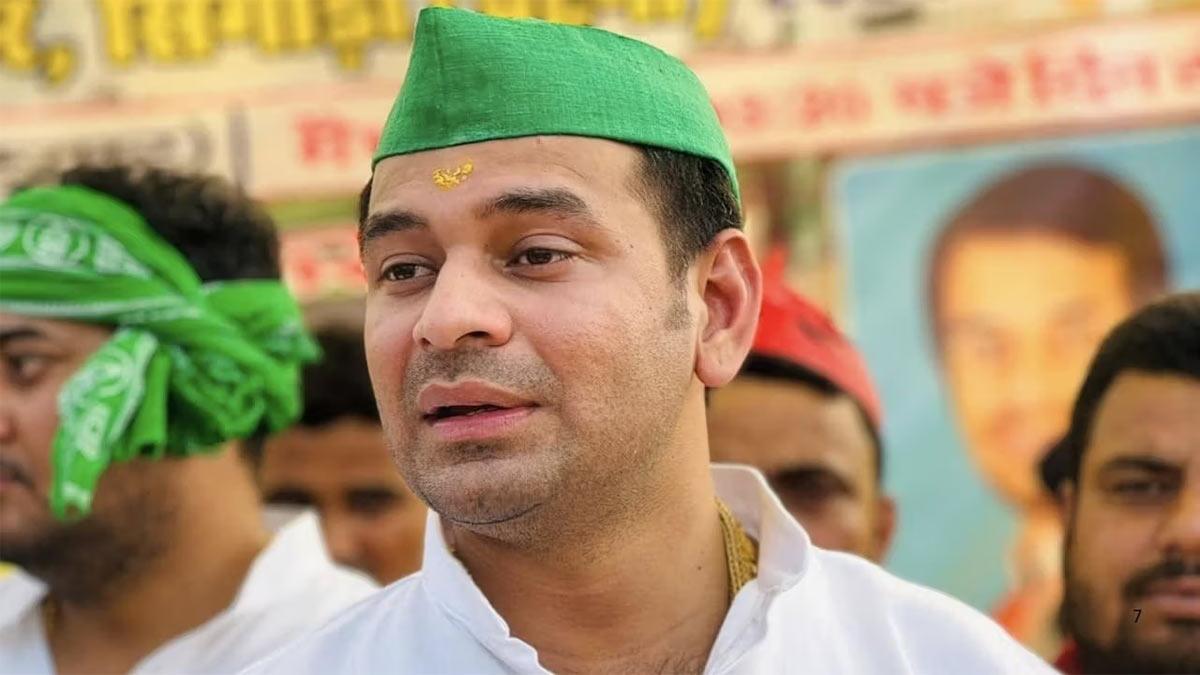General VP Malik, the Indian Army Chief during the 1999 Kargil War, is of the opinion that Indian forces should have been allowed to capture some Pakistani territory across the Line of Control (LoC) before agreeing to the ceasefire. In an interview with The Times of India, General Malik said that military success in the Kargil war enabled India to achieve its political aim and enhance its international image as a responsible state which was capable of defending its territorial integrity. On 2 May 1999, Pakistani forces infiltrated the Indian territory of Kargil in Kashmir and positioned its troops at many places on the heights of Kargil along the Line Of Control (LOC). This resulted in the infamous Kargil War, which saw multiple casualties on both sides, with New Delhi emerging victorious in the end. The mission to flush out Pakistani infiltrators was also called “Operation Vijay” and India celebrates the heroics of the Indian Army every year on July 26.
Here is what General VP Malik said about the Kargil War:
“Operation Vijay was a blend of determined political, military and diplomatic action, which enabled us to transform an adverse situation into an emphatic military and diplomatic victory.” Gen Malik said when asked about the lesson Kargil War taught India.
Talking about Pakistan, he said that Islamabad failed in protecting its military and political class and even though India lagged behind in surveillance, it retaliated in an appropriate manner.
Also Read | Gujarat is 'Most Favoured State' in Centre's health doles: RTI
India was able to achieve its political aim and enhance its international image as a responsible, democratic nation, determined and capable of defending its territorial integrity, Gen Malik said.
Gen Malik noted that the Kargil war also highlighted several weaknesses in the Higher Defence Control Organisation (HDCO), Delhi’s state of intelligence and surveillance, weapons and equipment. These were noted by the Kargil Review Committee and the Group of Minister's report.
The Kargil War changed India’s stance on Pakistani politics. It was a major turning point in Indo-Pak security relations. There was a near-total breakdown of trust and a realisation in India that Pakistan can easily resile from any agreement, like the Lahore Declaration which it had signed only two months earlier, he said. In March 1999, Pakistan had signed a declaration of ceasefire along the Indian border but went on to break it just two months later.
Also Read | Government clueless on how to handle China: Rahul Gandhi
“Some years before Kargil, we had been starved of funds. As a result, we were functioning on 70% of our authorised budget. In the Kargil sector, we did not have clothing or shoes that were required for high altitude,” Gen Malik said in the interview.
He also talked about the surprise situation that had been created due to India’s lack of surveillance capability and helicopter used to map the territory.
When asked about his stance on current Pakistani diplomatic relations, he said, “they are neighbours and they will remain so. I don't believe that you should have a permanent policy of not talking to them. You have to be flexible in your policies. There should be no appeasement at all. And our talks should progress on the basis of ground realities.”
"After some time when the Indian armed forces were confident of military success in Kargil, they should have been allowed to capture some Pakistani territory across the LoC before agreeing to the ceasefire," Gen Malik said.

